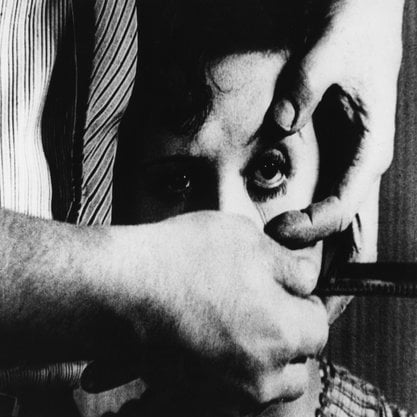Article
Rocha, Glauber (1939–1981) By Baker, Peter
Article
Glauber Rocha de Andrade (Vitória da Conquista, 1939–1981) was a Brazilian film critic, screenwriter, producer, and director. Arguably the most important director of the cinema nôvo (New Cinema) movement of the 1960s and 1970s, he began his career as a film critic, writing for well-known Brazilian journals about Italian neorealism and the French New Wave – two crucial influences on his own work. His writings criticized Brazil's commercial cinema and called for a new type of film that would represent the reality of Brazilian life. His most famous essay in this regard is “Estética da Fome” (“An Esthetic of Hunger,” 1965). The essay reflects on the neo-colonial condition of Brazilian cinema through the analogy of the starvation of the Brazilian people and the intellectual starvation of its cinematic tradition; anti-colonial revolutionary violence is the only possible solution to these plights. This theoretical viewpoint is reflected in his Deu e o Diabo na Terra do Sol (Black God, White Devil, 1964), a film which earned him recognition on the international scene and in Brazil as the unchallenged leader of a new generation.
